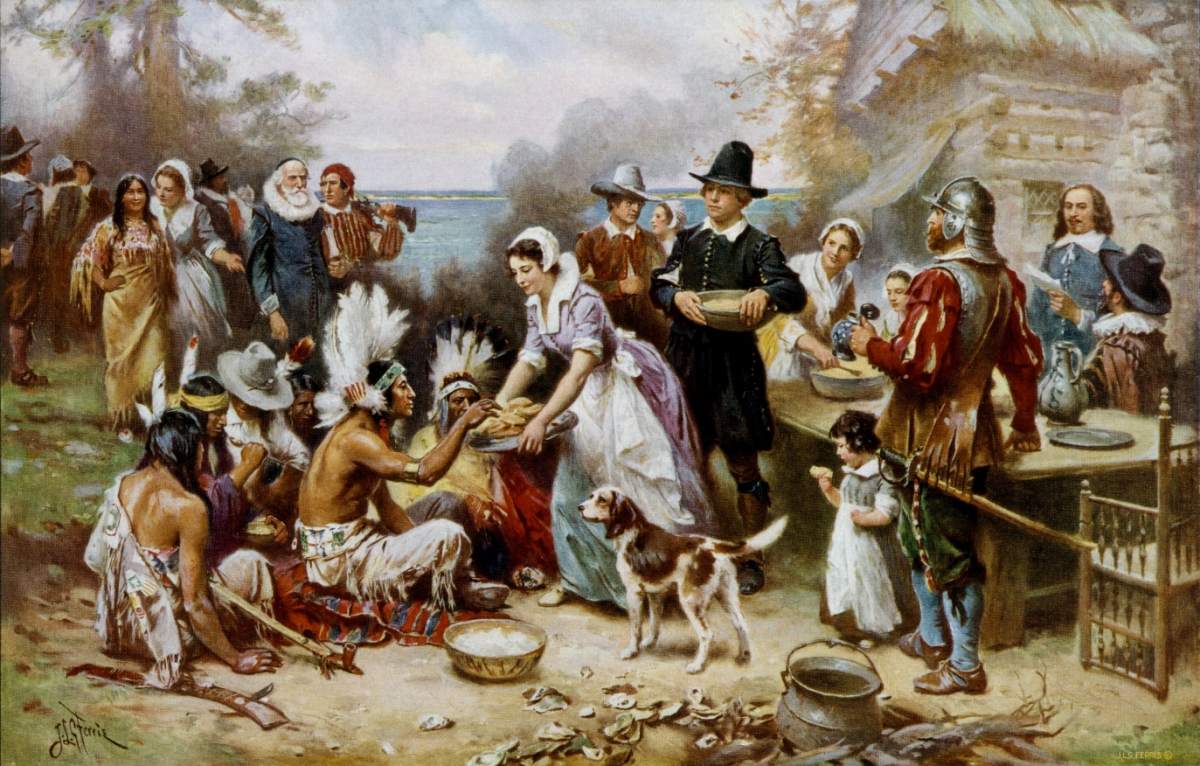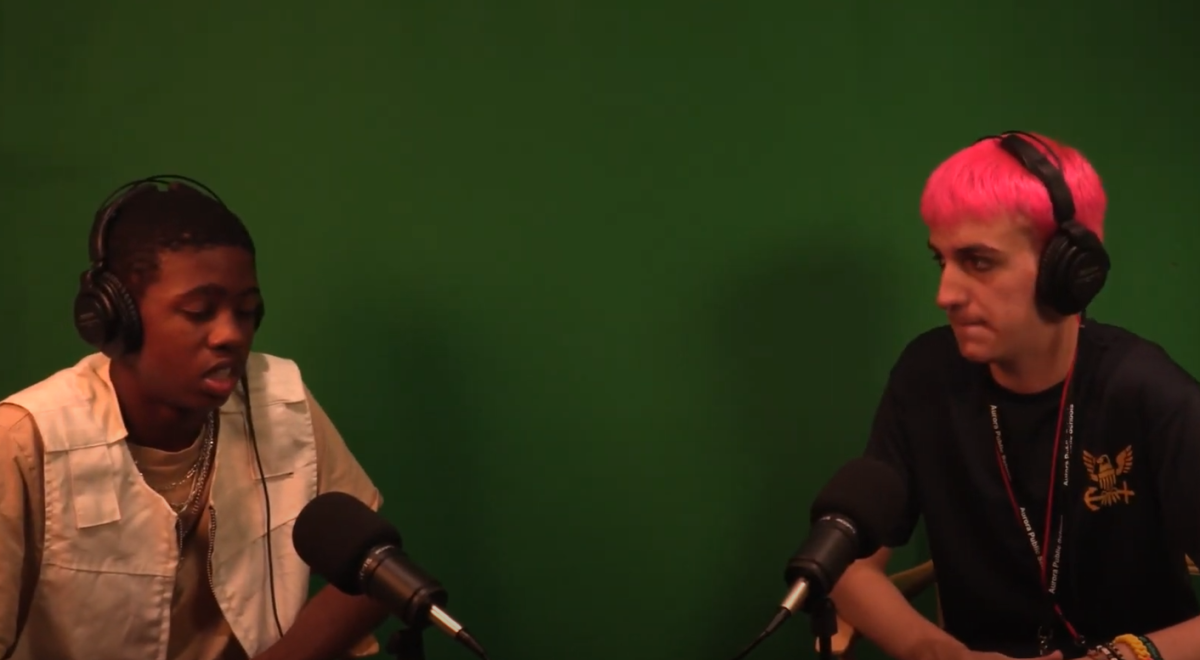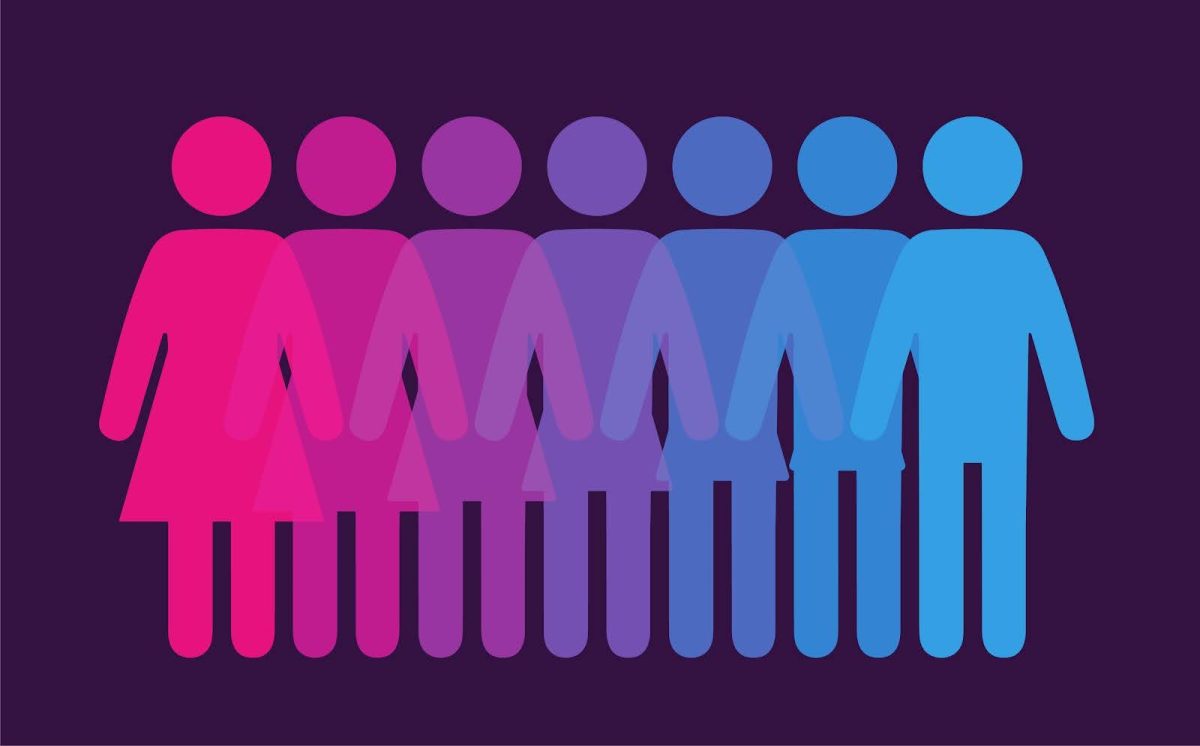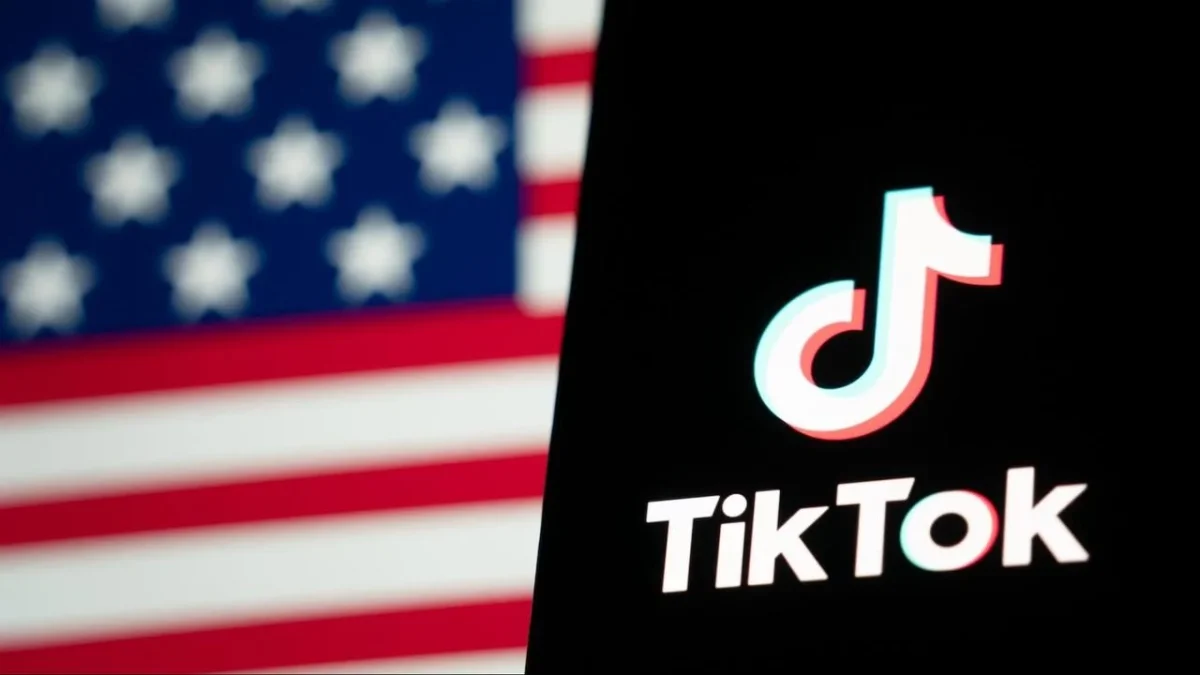In November, temperatures get colder, and folks prepare for a bountiful Thanksgiving feast and other festive activities. And if you’re lucky, once every 4 years, you can witness your family nip at each other’s necks on who should have been elected into the White House on Thanksgiving. During pointless arguments, people forget the most important thing, history. Especially in November, which contains a ton of major historical events.
November 26, 1789 | Thanksgiving officially declared – Just about everybody knows that the first Thanksgiving was held in November 1621. Governor William Bradford held a celebratory feast with the Pilgrim’s Native American allies to celebrate their first successful corn harvest. However, Thanksgiving Day was officially declared on November 26, 1789, through a Proclamation issued by President George Washington as a “Day of Publick Thanksgivin.” The day would change as declared by presidents following Washington like John Adams and James Madison. It was not until 1863 that Abraham Lincoln declared that Thanksgiving be held annually on the final Thursday in November. Then, in 1939, Franklin D. Roosevelt moved Thanksgiving up a week to boost sales during the Great Depression. This change was opposed by many, and finally, in 1941, he signed a bill that made Thanksgiving take place on the fourth Thursday of November.
November 20, 1945, | Nuremberg trials begin – Once Nazi Germany was defeated, the Allied forces held the Nuremberg trials against the Nazi representatives for invading countries all across Europe and the cruelty committed against their citizens during WWII. There were 24 defendants, 37 prosecution witnesses, and 83 defense witnesses. The decision wouldn’t be made until October 1st, 1946 in which twelve of the defendants, Hermann Göring, Joachim von Ribbentrop, Wilhelm Keitel, Ernst Kaltenbrunner, Alfred Rosenberg, Hans Frank, Wilhelm Frick, Julius Streicher, Fritz Sauckel, Alfred Jodl, Arthur Seyss-Inquart, and Martin Bormann were sentenced to death. Seven of them who were Rudolf Hess, Walther Funk, Erich Raeder, Karl Dönitz, Baldur von Schirach, Albert Speer, and Konstantin von Neurath went to the Spandau Military Prison to carry out their sentence, and the last three defendants, Franz von Papen, Dr. Hjalmar Schacht, and Hans Fritzsche were acquitted.
November 22, 1963, | President John F. Kennedy assassinated – On the 22nd of November in 1963, President John F. Kennedy was riding in his presidential motorcade through the Dealy Plaza in Dallas, Texas with his wife Jacqueline Kennedy, Texas Governor John Connally, and John Connally’s wife Nellie Connally. At approximately 12:30 p.m. CST, former United States Marine Lee Harvey Oswald fatally shot Kennedy from the Texas School Book Depository building with a 6.5×52mm Italian Carcano M91/38 rifle. He was shot once in the neck and once in the head. It wouldn’t be until 1:36 p.m. when Oswald was arrested once police were called to the Texas Theater after he was caught sneaking in without paying. Then, at 2:38 p.m., former Vice President Lyndon B. Johnson was administered the Oath of Office in the Air Force One, officially making him President of the United States.
November 9, 1938, | The Night of Broken Glass starts – It was on this day that the Nazis initiated an antisemitic wave of violence across Nazi Germany. This would be known as “Kristallnacht” or the “Night of Broken Glass.” The name comes from the broken glass shards from windows everywhere during the riot. It started in Munich when Nazi Party Leaders all across Germany gathered to commemorate Hitler’s failed coup d’état, the Beer Hall Putsch. It was then they learned that minor German diplomat Ernst vom Rath died from his wounds after being shot two days ago by a Polish Jew named Herschel Grynszpan. German Propaganda Minister Joseph Goebbels would then deliver a strong antisemitic speech, and with Hitler’s permission, call for an attack on Jewish Communities in Germany. To start the spread of violence, Nazi officials would relay the call to their home districts. This would then start the Night of Broken Glass all around Germany.
November 11, 191,8 | World War 1 Ends – Also known as Armistice Day, this was the day when an Armistice was signed at Le Francport near the Compiègne commune that ended all fighting on land, air, and sea during World War 1 between the Entente and the last remaining opponent, the German Empire. There were previous Armistices signed with Bulgaria, the Ottoman Empire, and Austria-Hungary, making this the last one to be signed. The terms of the Armistice were, “The cessation of hostilities on the Western Front, the withdrawal of German forces from west of the Rhine River, Entente occupation of the Rhineland and bridgeheads further east, the preservation of infrastructure, the surrender of aircraft, warships, and military materiel, the release of Allied prisoners of war and interned civilians, eventual reparations, no release of German prisoners and no relaxation of the naval blockade of Germany.” It wouldn’t be until 11 a.m. CET on 11 November 1918 that fighting would completely stop, with about 2,738 soldiers dying on the last day.
November 19, 1863 | President Lincoln delivers Gettysburg Address – On this day, Abraham Lincoln delivered his famous Gettysburg Address speech at the Soldiers’ National Cemetery or the Gettysburg National Cemetery as of today in Gettysburg, Pennsylvania four and a half months after the Union’s success in the Battle of Gettysburg, one of the deadliest battles in the Civil War. His speech was 271 words and 10 sentences long, and it only took him two minutes to deliver the speech. In his remarks, he opened up with the famous “Four score and seven years ago” line. He described the United States as a “Nation conceived in Liberty, and dedicated to the proposition that all men are created equal”. He stated that the Civil War was a test to see if a nation like the United States could endure. He then praised the sacrifices of those who died during the Civil War, and ensured that “these dead shall not have died in vain—that this nation, under God, shall have a new birth of freedom—and that government of the people, by the people, for the people, shall not perish from the earth.”
And to wrap things up, we’ll list notable figures born or perished this month.
George Harrison: Died November 29, 2001. Lead singer for The Beetles.
Winston Churchill: Born November 30, 1874. Led Britain to victory in WW2.
Natalie Wood: Died November 29, 1981. American Actress.
King Charles I: Born November 19, 1600. King of England, Scotland, and Ireland.
George H. W. Bush: Died November 30, 2018. Former United States President.
Sean “Diddy” Combs: Born November 4, 1969. American Rapper.






